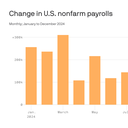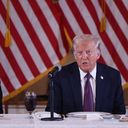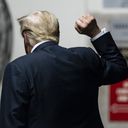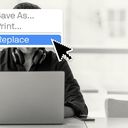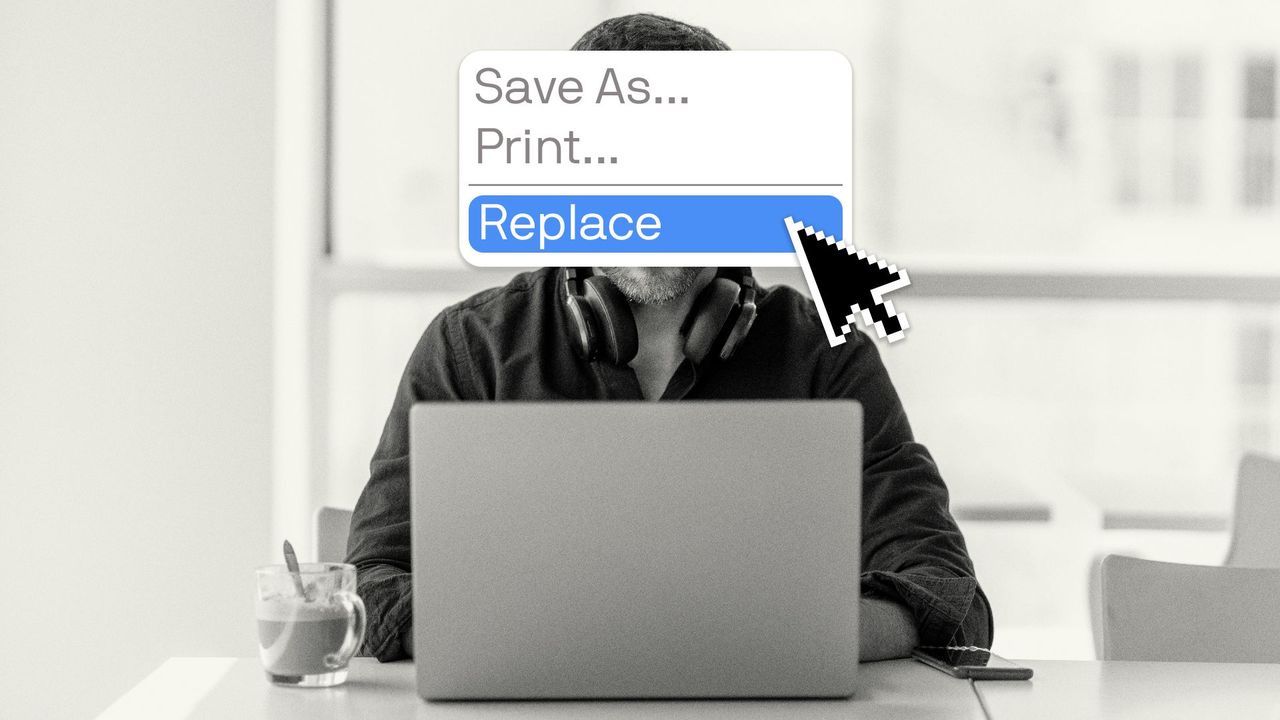Airlines warned to avoid western Russian airspace over the risk of being shot down
Kazakhstan's Emergency Ministry Press Service via AP
- The European Aviation Safety Agency has warned against flying over western Russia.
- It said there was a risk of airliners being misidentified and shot down.
- Many airlines have been avoiding Russia since it invaded Ukraine, but others still fly there.
The European Aviation Safety Agency has warned airlines against flying over western Russia due to the risk of being shot down.
It comes after Azerbaijan Airlines Flight 8243 was severely damaged while coming to land at Grozny, the capital of Russia's Chechnya, on Christmas Day.
Of the 67 people on board, 38 died. Azerbaijan's president and a White House official have said the Embraer E190 appeared to have been shot by Russian air defense systems.
"The ongoing conflict following the Russian invasion of Ukraine poses the risk of civil aircraft being unintentionally targeted in the airspace of the Russian Federation," EASA said in Thursday's bulletin.
The warning applies to Russian airspace west of the 60th meridian east, which includes the cities of Moscow, Saint Petersburg, and Yekaterinburg.
EASA said Russia "has not demonstrated full proficiency to address existing airspace risks by implementing an efficient and proactive approach to the airspace deconfliction."
No European Union airlines have flown to or over Russia since the war in Ukraine began.
This has caused complications on flights to eastern Asia, forcing airlines to find longer routes and increasing ticket prices. British Airways stopped flying directly to Beijing last October.
EASA's bulletin also applies to any airline that flies to or from the European Union. For example, Emirates, Etihad, and Qatar Airways fly to Moscow and several European countries.
The agency also noted that its EU Conflict Zone Alerting System was established following the downing of Malaysia Airlines Flight 17.
In 2014, the Boeing 777 was flying from Amsterdam to Kuala Lumpur when it was shot down by a Russian surface-to-air missile while passing over eastern Ukraine.
All 298 people on board the plane were killed.
